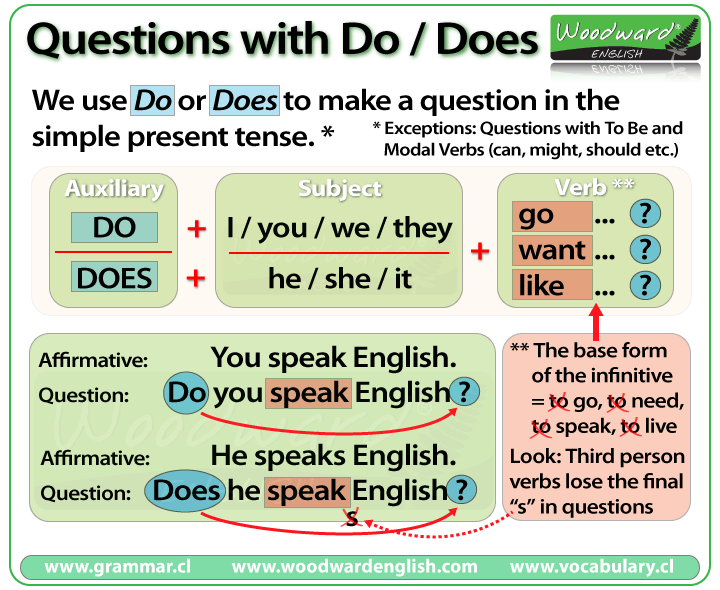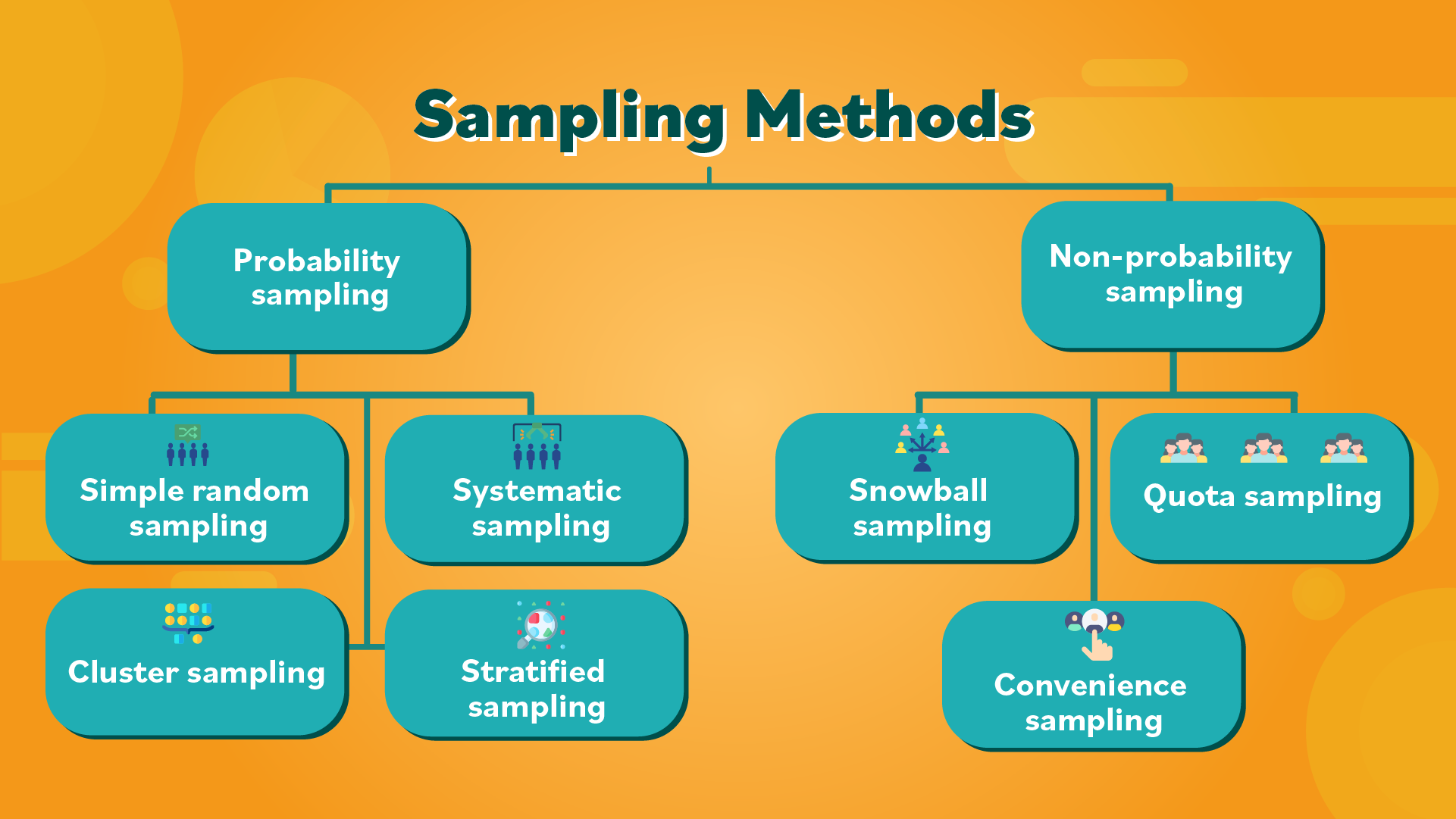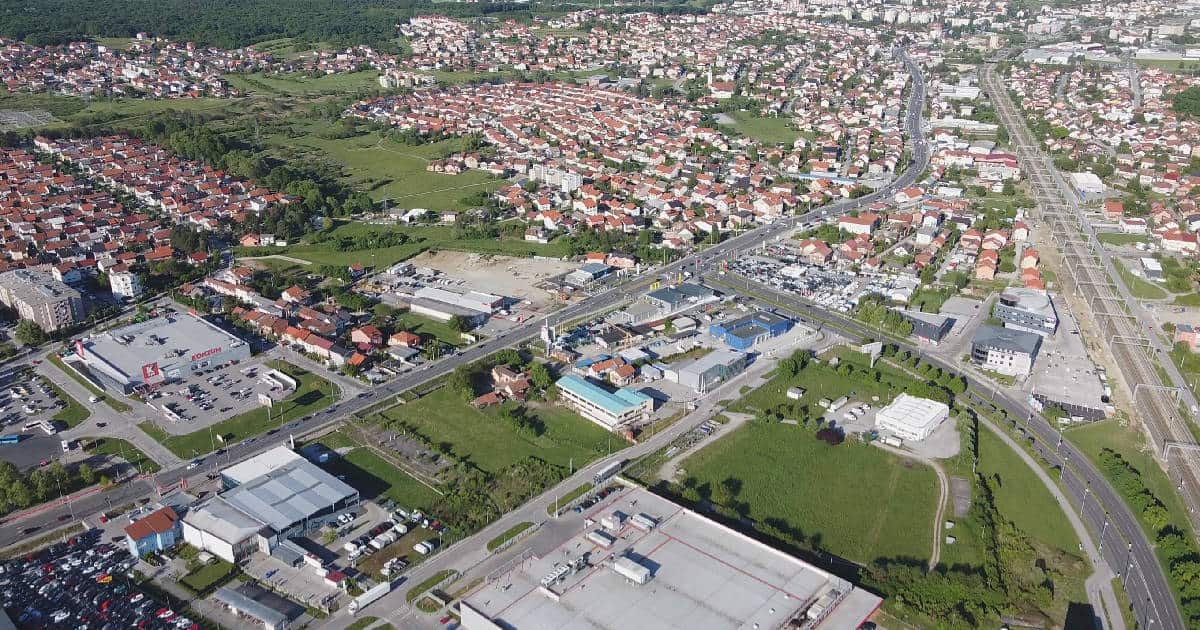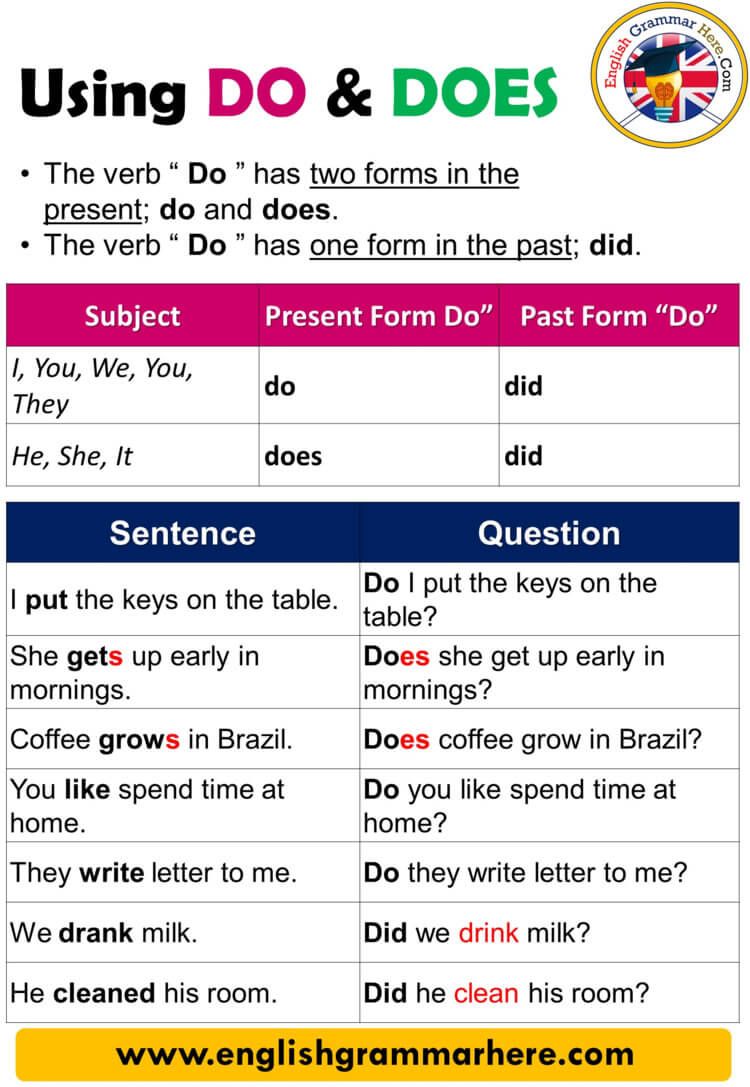Unlocking Opportunity: A Comprehensive Guide to Conversion in Real Estate
Introduction to Conversion in Real Estate
Conversion in real estate refers to the strategic process of transforming an existing property-whether residential, commercial, or industrial-into a new use or function to meet evolving market demands and maximize value. This concept goes beyond simple renovations, involving a fundamental change in the property’s use, such as turning an old factory into modern apartments or converting office buildings into boutique hotels. With urban populations shifting and businesses adapting to new realities, conversion projects have gained popularity as a way to revitalize underutilized spaces and generate new income streams [1] .
Understanding the Fundamentals of Real Estate Conversion
At its core, conversion in real estate is about recognizing potential in properties that are no longer fulfilling their highest or best use. Property owners, investors, and developers seek to: – Maximize the value of existing assets – Address unmet market needs – Align with changing community goals or regulations

Source: hackingrealestatemarketing.com
For example, as demand for urban living increases, developers may convert former industrial warehouses into residential lofts, capitalizing on location and unique architectural features. Conversely, residential buildings in commercializing neighborhoods may be adapted for offices or retail, responding to market shifts [2] .
Types of Real Estate Conversion
There are several common types of conversion projects in real estate:
Residential Transformations
This involves converting non-residential properties, such as warehouses, factories, or offices, into housing units like apartments, condos, or lofts. Such conversions are especially valuable in cities where housing supply is limited but vacant structures are abundant. These projects often require significant design and structural modifications to meet residential codes and appeal to prospective tenants or buyers [2] .
Commercial Adaptations
As neighborhoods evolve, it may make sense to convert residential or other property types into commercial uses, such as retail shops, restaurants, or co-working spaces. This is frequently observed in areas undergoing gentrification or a shift toward mixed-use development. Success requires a clear understanding of zoning regulations and market demand for commercial services in the area [2] .
Condominium Conversions
Another well-known example is the conversion of apartment buildings into condominiums, allowing individual ownership of units within a formerly rental property. These conversions can create new homeownership opportunities in desirable locations, but they also require careful navigation of legal and tenant rights issues [5] .
Legal and Regulatory Considerations
Legal and regulatory steps are central to any conversion project. Before proceeding, developers must:
- Assess local zoning laws and restrictions to ensure the intended new use is permitted.
- Obtain necessary permits and approvals from municipal authorities, which may involve multiple departments (planning, building, health, fire, etc.).
- Address tenant rights in properties with existing occupants, especially for residential conversions.
- Comply with building codes and accessibility requirements, which may necessitate extensive renovations.
Failure to address these considerations can result in delays, legal disputes, or costly retrofits. It’s advisable to consult with attorneys, architects, and local officials early in the planning process. For definitions and legal frameworks, referencing contract-specific language is recommended; for example, the SEC filings database and legal dictionaries such as Law Insider provide formal definitions and case examples of conversion properties [3] [4] .
Step-by-Step Guide to Implementing a Conversion Project
Executing a successful conversion project involves several key steps:

Source: webnobby.com
1. Market Analysis
Research the local real estate market to identify demand for different property types. Consider factors like demographic trends, supply constraints, competitive landscape, and neighborhood plans.
2. Feasibility Study
Conduct a detailed feasibility analysis, evaluating structural, architectural, and financial aspects. Engage professionals such as architects, engineers, and contractors to assess the property’s suitability for conversion and estimate project costs.
3. Financial Planning
Develop a comprehensive budget, considering acquisition costs, construction, permits, financing, and contingencies. Explore funding options through traditional lenders, private investors, or joint ventures.
4. Securing Approvals
Work with local authorities to secure all required permits and approvals. This may involve public hearings or community input, especially for high-profile or large-scale conversions.
5. Design and Construction
Hire experienced professionals to create plans, manage construction, and ensure compliance with all codes and requirements. Sustainable design and adaptive reuse principles can enhance the project’s appeal and efficiency.
6. Marketing and Leasing/Sales
Develop a marketing strategy tailored to the converted property’s new use. For residential projects, highlight unique features and location benefits. For commercial conversions, emphasize accessibility, visibility, and amenities.
Challenges and Solutions in Conversion Projects
While conversions can unlock significant value, they present unique challenges:
- Regulatory Hurdles: Navigating complex zoning and permitting systems can delay projects. Solution: Engage local experts and start the approval process early.
- Structural Limitations: Older buildings may require extensive upgrades to meet modern codes. Solution: Thorough inspections and contingency budgeting are essential.
- Community Opposition: Neighbors or interest groups may resist changes. Solution: Communicate openly and incorporate feedback where possible to build consensus.
- Unforeseen Costs: Unexpected construction issues can impact budgets. Solution: Maintain a robust contingency reserve and clear contractor agreements.
Alternative Approaches and Emerging Trends
Beyond traditional conversions, several alternative and emerging strategies are gaining traction:
- Mixed-Use Developments: Blending residential, office, retail, and public spaces within a single property to maximize utility and community engagement.
- Adaptive Reuse: Preserving historic or architecturally significant structures while updating them for modern needs.
- Sustainable Conversions: Incorporating green design, energy efficiency, and eco-friendly materials to appeal to environmentally conscious buyers and tenants.
- Temporary Conversions: Repurposing properties for short-term needs, such as pop-up stores or event spaces, before committing to permanent changes.
How to Access Conversion Opportunities
If you are interested in pursuing a conversion project as an investor or property owner, you can:
- Consult local real estate agents or commercial brokers for available properties with conversion potential.
- Contact your city or county planning department to learn about current zoning and redevelopment incentives.
- Search for case studies and guides from reputable organizations like the Urban Land Institute or National Association of Realtors for best practices and market data.
- Engage with architects and development consultants who specialize in adaptive reuse and property transformation.
When seeking professional help, always verify the credentials of architects, attorneys, and contractors by checking with relevant state licensing boards or professional associations.
Summary and Key Takeaways
Conversion in real estate is a powerful tool for property owners and investors seeking to maximize value, respond to evolving market needs, and revitalize communities. With careful planning, legal due diligence, and the right professional support, conversion projects can unlock new opportunities and deliver lasting benefits. While challenges exist-from regulatory hurdles to unexpected costs-proactive research and expert guidance can help navigate the complex landscape of property transformation. For further insights or to begin exploring your options, you can reach out to local real estate professionals, municipal planning offices, or industry associations.
References
- [1] Brightcall.ai (2023). Conversion in Real Estate: Definition and Insights.
- [2] RealtorTerms.com (n.d.). What is Conversion in Real Estate? (Definition).
- [3] Genie AI (2024). How is Conversion Property defined in a legal contract?
- [4] Law Insider (2025). Conversion property Definition.
- [5] Real Estate Definition (n.d.). Conversion – Real Estate Definition.
MORE FROM couponito.com













